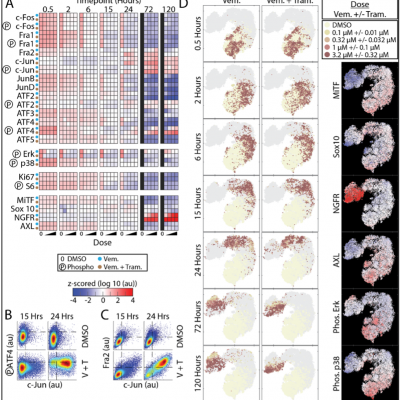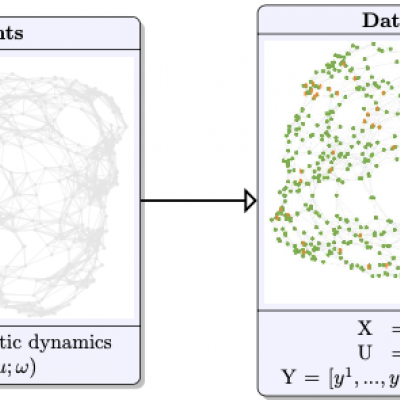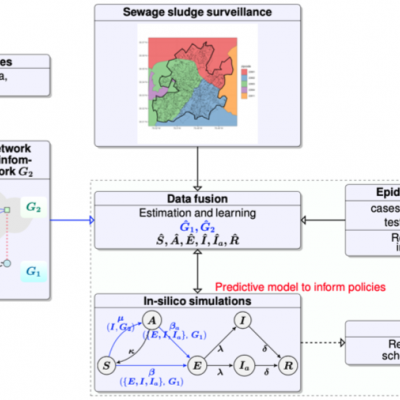Home
We are part of the School of Data Science at the University of Virginia. Our multidisciplinary group develops algorithms to analyze data from dynamic interconnected systems. The applications of our research range from subcellular processes to human interactions.
We will make use of network analysis, learning algorithms, and data-driven model reduction to advance our understanding of these systems. If interested in joining our research please contact hs9hd at Virginia dot edu.
Projects

Weather forecasting has traditionally been done by physical models of the atmosphere, which are unstable to perturbations, and thus are inaccurate for large periods of time. Machine learning techniques allow us to generate more accurate weather forecasts for large periods of time.

Networks are landmarks of many complex phenomena where interweaving interactions between different agents transform simple local rule-sets into nonlinear emergent behaviors. Here we develop data-driven methodologies to identify and control stochastic nonlinear dynamics taking place over large-scale networks.

As the ongoing outbreak of Coronavirus Disease 2019 (COVID-19) is severely affecting all over the world, analysis of the transmission of COVID-19 is of more and more interest. We focus on the application of compartmental models in the analysis of transmission of COVID-19 based on the detected viral load in wastewater and the reported number of cases. The measurement of COVID-19 RNA concentrations in primary sludge gives us information about the virus prevalence on a population level.
Courses
CS 5012
In this course students gain a better understanding of the underpinnings of the Data Science tools they use from the perspective of a computer scientist. Students will learn to leverage this understanding to improve the effectiveness and efficiency of their code and analytical tools. Case studies and exercises will be drawn from real-world examples (e.g., bioinformatics, public policy, marketing, and more). The purpose of this class is to introduce to you the main CS concepts that you will learn in more detail in the remaining Data Science Master’s program.
DS 5100
An introduction to essential programming concepts, structures, and techniques. Students will gain confidence in not only reading code, but also learning what it means to write good quality code. Additionally, essential and complementary topics are taught, such as testing and debugging, exception handling, and an introduction to visualization. This course is project based, consisting of a semester project and final project presentations.
In the News
In the News
The wastewater surveillance project has expanded outside of the university.
Body
2021-01-06 The wastewater surveillance project has expanded outside of the university. Read this article from The Daily Progress to learn more.

